ORDERING OF SENTENCES
Directions: In this section each item consists of six sentences of a passage. The first and the sixth sentences are given in the beginning as S1 and 56. The middle four sentences in each have been jumbled up and labelled as P, Q, R and S. You are required to find out the proper sequence of the four sentences and mark your response accordingly on Answer Sheet.
41.
S1: Chinua Achebe was born in 1930 and educated at the Government College in Umuahia, Nigeria.
S6: Chinua Achebe has written over twenty books, including novels, stories, essays and collections of poetry, and won the Nobel Prize for literature.
P: During the Civil War in Nigeria, he worked for the Biafran government service.
Q: After the War, he was appointed Senior Research Fellow at the University of Nigeria, Nsukka.
R: He joined the Nigerian Broadcasting Company in Lagos in 1954, later becoming its Director of External Broadcasting.
S: He received a BA from London University in 1953 and in 1956 he studied broadcasting in London at the BBC.
The correct sequence should be
(a) SRPQ
(b) RPQS
(c) PQRS
(d) QRSP
Show Answer/Hide
42.
S1: “Every person carries in his head a mental model of the world — a subjective representation of external reality,” writes Alvin Toffler in Future Shock.
S6: When we begin to think we can do so only because our mind is already filled with all sorts of ideas with which to think.
P: It organizes our knowledge and gives us a place from which to argue.
Q: This mental model is, he says, like a giant filing cabinet.
R: It contains a slot for every item of information coming to us.
S: As E.F. Schumacher says, “When we think, we do not just think; we think ideas.
The correct sequence should be
(a) PSRQ
(b) SPRQ
(c) QRPS
(d) ROPS
Show Answer/Hide
43.
S1: Biology is the study of life in its entirety.
S6: Classical descriptive and clueless biology found a theoretical framework in the evolutionary theory of Darwin.
P: In later years, the focus was physiology and internal morphology or anatomy.
Q: Darwinian ideas of evolution by natural selection changed the perception completely.
R: The growth of biology as a natural science during the last 1000 years is interesting from many points of view.
S: One feature of this growth is changing emphasis from mere description of life forms to identification and classification of all recorded living forms.
The correct sequence should be
(a) RSPQ
(b) SPRQ
(c) QRPS
(d) PQRS
Show Answer/Hide
44.
S1: Biology is the youngest of the formalized disciplines of natural science.
S6: Life expectancy of human beings has dramatically changed over the years.
P: However, the twentieth century and certainly the twenty-first century has demonstrated the utility of biological knowledge in furthering human welfare, be it in health sector or agriculture.
Q: The discovery of antibiotics, and synthetic plant-derived drugs, anaesthetics have changed medical practice on one hand and human health on the other hand.
R: Applications of physics and chemistry in our daily life also have a higher visibility than those of biology.
S: Progress in physics and chemistry proceeded much faster than in biology.
The correct sequence should be
(a) QPRS
(b) PRQS
(c) RPQS
(d) SRPQ
Show Answer/Hide
45.
S1: People in society need many goods and services in their everyday life including food, clothing, shelter, transport, etc.
S6 : The teacher in the local school has the skills required to impart education to the students.
P: A weaver may have some yarn, some cotton and other instruments required for weaving cloth.
Q: A family farm may own a plot of land, some grains, farming implements, maybe a pair of bullocks and also the labour services of the family members.
R: Every individual has some amount of the goods and services that one would like to use.
S: In fact, the list of goods and services that any individual needs is so large that no individual in society, to begin with, has all the things one needs.
The correct sequence should be
(a) PQRS
(b) RSPQ
(c) QPSR
(d) SRQP
Show Answer/Hide
46.
S1: Farming is the main production activity in the village.
S6 : The new ways of farming need less land, but much more capital.
P: These have allowed the farmers to produce more crops from the same amount of land.
Q: Over the years there have been many important changes in the way farming is practised.
R: But in raising production, a great deal of pressure has been put on land and other natural resources.
S: This is an important achievement, since land is fixed and scarce.
The correct sequence should be
(a) QPSR
(b) RSPQ
(c) SRPQ
(d) PRSQ
Show Answer/Hide
47.
S1: Britain was the first country to experience modern industrialization.
S6: This gave people a wider choice for ways to spend their earnings and expanded the market for the sale of goods.
P: This meant that the kingdom had common laws, a single currency and a market that was not fragmented by local authorities and uneven taxation.
Q: It had been politically stable since the seventeenth century, with England, Wales and Scotland unified under a monarchy.
R: By then a large section of the people received their income in the form of wages and salaries than in goods.
S: By the end of the seventeenth century, money was widely used as the medium of exchange
The correct sequence should be
(a) QPSR
(b) PSQR
(c) RSQP
(d) SRQP
Show Answer/Hide
48.
S1: For several million years, humans lived by hunting wild animals and gathering wild plants.
S6: As a result, conditions were favourable for the growth of grasses such as wild barley and wheat.
P: This led to the development of farming and pastoralism as a way of life.
Q: This change took place because the last ice age came to an end about 13,000 years ago and with that warmer, wetter conditions prevailed.
R: Then, between 10,000 and 4,500 years ago, people in different parts of the world learnt to domesticate certain plants and animals.
S: The shift from foraging to farming was a major turning point in the human history.
The correct sequence should be
(a) QSPR
(b) SPQR
(c) PSQR
(d) RPSQ
Show Answer/Hide
49.
S1: All governments claim eternal consistency and success.
S6: Diplomacy offers choices, and those choices must be negotiated with other sovereign actors.
P: Choices involved uncertainty, risk and immediacy; those who must take the choices operate in the contemporary political milieu.
Q : And yet the essence of governance is choice.
R: Nowhere is this more true than in foreign policy decision-making.
S: Some even claim omniscience.
The correct sequence should be
(a) SQPR
(b) QSRP
(c) SRPQ
(d) RSPQ
Show Answer/Hide
50.
S1: Buddhism continued to spread into many lands of Asia during the period of 5th and 6th century.
S6: He translated several scriptural commentaries into Pali and wrote a work called the Visuddhimagga, which soon attained the status of a classic work on Theravada doctrine and meditation.
P: While this can be understood as a part of larger processes of cultural interaction, especially trade, a key role was played by monks.
Q: We know a little bit about some of them, but there must have been countless men whose commitment to the Buddhist path gave them the courage and determination to persevere in the face of the long, hard journey to India and back.
R: Buddhism had made its way to Sri Lanka many centuries earlier, during the time of Ashoka, and a thriving Buddhist community soon took root.
S: In the 5th century, the monk Buddhaghosha travelled to Sri Lanka.
The correct sequence should be
(a) RQPS
(b) QRPS
(c) PQRS
(d) PSRQ
Show Answer/Hide
FILL IN THE BLANKS
Directions : Each of the following sentences in this section has a blank space and four words or group of words are given after the sentence. Select the most appropriate word or group of words for the blank space and indicate your response on the Answer Sheet accordingly.
51. On his way to the capital, the minister ______ the eminent social worker at his residence.
(a) called on
(b) called
(c) calling for
(d) call off
Show Answer/Hide
52. The fire brigade fought for four hours to ______ the fire in the building.
(a) put in
(b) put out
(c) put on
(d) put off
Show Answer/Hide
53. Ravi has proved that he can ______ on his promise by winning the match.
(a) carry through
(b) carry out
(c) carry
(d) carry off
Show Answer/Hide
54. It is best to ______ politics when in the classroom.
(a) keep out
(b) keep on
(c) keep off
(d) keeping
Show Answer/Hide
55. It shows that she has ______ many years of service.
(a) put in
(b) put out
(c) put
(d) put on
Show Answer/Hide
56. The chairperson said that the group was ______ of time.
(a) running out
(b) running
(c) running with
(d) run out
Show Answer/Hide
57. If I ______ an angel, I would solve the problems of people.
(a) am
(b) were
(c) was
(d) have
Show Answer/Hide
58. Where there is a ______ there is a way.
(a) way
(b) road
(c) wing
(d) will
Show Answer/Hide
59. The police could not establish how the accident ______
(a) came off
(b) came about
(c) came on
(d) came out
Show Answer/Hide
60. I ______ my old friend after twenty years.
(a) ran into
(b) ran in
(c) run in
(d) run on
Show Answer/Hide




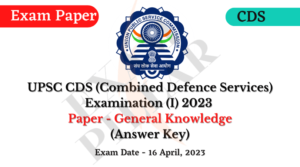
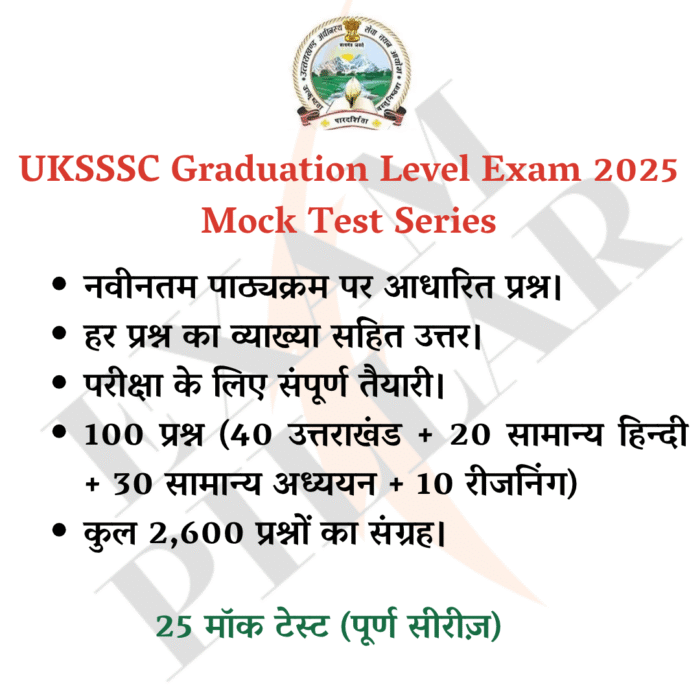


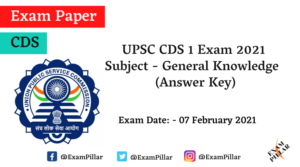
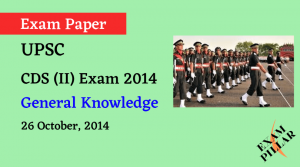
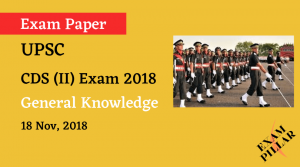
Your solutions are not right.Please correct it.
YES! exactly… i was thinking the same…